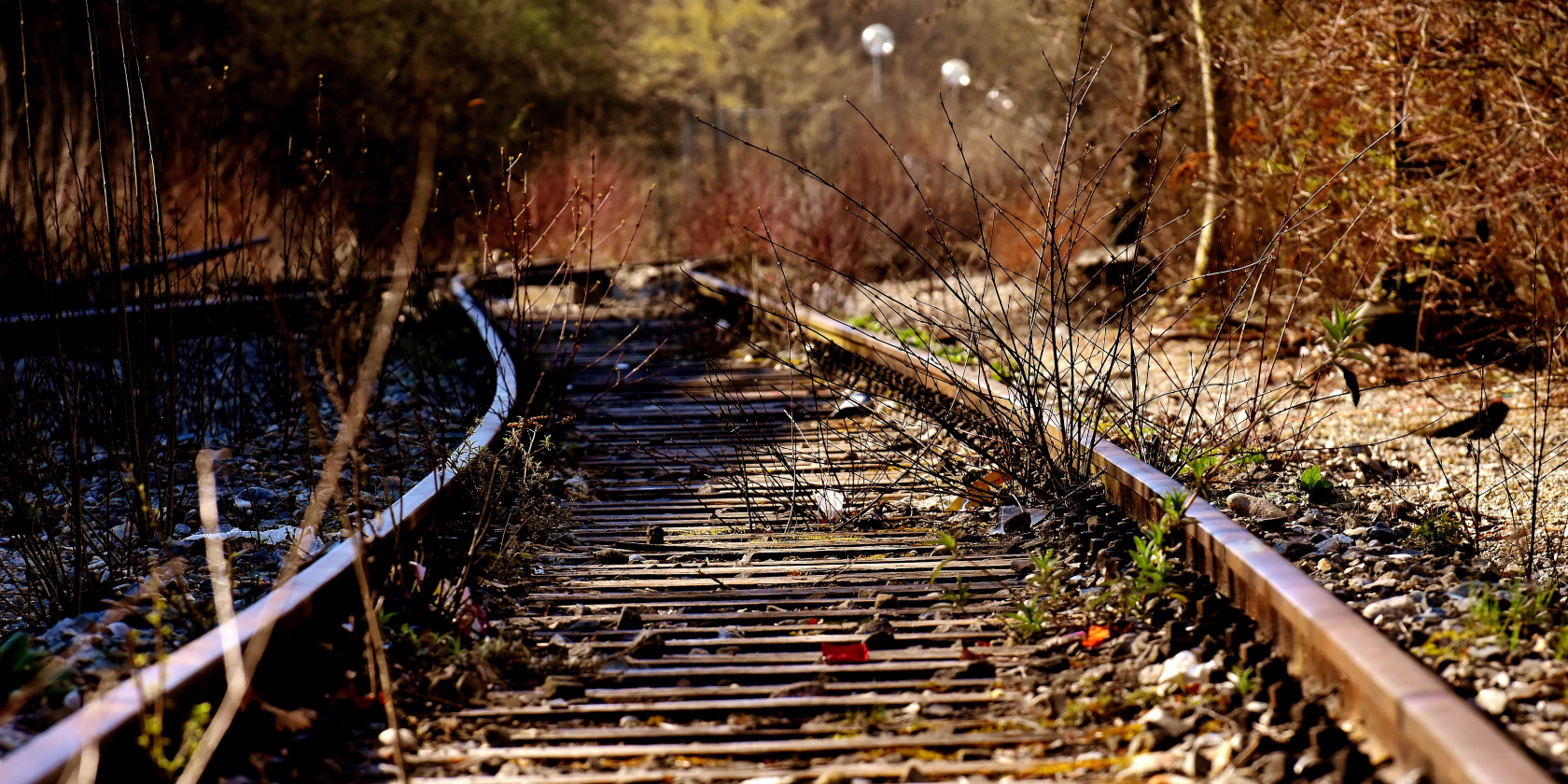
June 11, 2021, by Joseph Walters
Tracking Down the Right Placement
By Joseph George Walters, PhD Engineering Surveying and Space Geodesy
In my previous blog, I identified my skill gaps and began to search for work placements to run alongside my PhD study. In this blog I describe my experience of finding, applying, and interviewing for my perfect placement.
Finding
Before I started looking for a placement, I took some time to think about what I wanted from it. What were my career goals? What did I want to achieve during the placement? How relevant to my studies did I want the placement to be? Based on my career goals and preferences, I looked for a placement that offered:
- Opportunities to engage with business and industry
- Experience using real-world secondary data (e.g. government statistics)
- A flexible timescale to allow me to balance PhD and placement
- A project related to my undergraduate civil and environmental engineering studies
- Something linked to, but different from, my PhD
- Opportunities to learn something new.
After a couple of weeks, a project popped into my inbox. It involved modelling modal shift and transport emissions for a proposed reinstated railway line through the Peak District National Park. This looked to meet my requirements because it was a real-world industry scenario to which I could apply my experience and interests. Further, it had links to my PhD on rural autonomous road transport and sustainability.
Applying
There is plenty of advice online about applying for placements and I will not go into how to write an application. But I will say that going through what I wanted to get out of the placement beforehand really helped. This meant that I was able to apply the bullet points above to the specifics of the placement. The more I wrote on my application, the more I realised that this placement was the right fit for me.
Interviewing
I was asked to prepare a short interview presentation on how I would solve the placement problem. I tried to highlight my relevant strengths, interests, and past experiences, whilst referring to the project brief. After the presentation, some of the interview questions addressed areas that I lacked experience in. In these cases, I tried to be honest with my responses. “I don’t have much modelling experience, but…”, and I explained how I would approach problem-solving.
After the interview, I realised that the interviewers were more interested in me and my thought processes, rather than my experience and technical skills. They wanted to make sure that I would get as much out of the placement as I put into it. I think this is what a placement should be about.
I have been enjoying the project for a couple of months now. Looking back, I felt that the placement was right for me as much as I was right for the placement.
Are you’re a PhD student thinking of applying for a placement, take a look at Researcher Academy Placements. To help with your application, check out our PhD website and talk to our advisers. There is also a great blog about preparing for virtual interviews.
Previous Post
4 Ways To Boost Your Employability Using Lab SkillsNo comments yet, fill out a comment to be the first

Leave a Reply